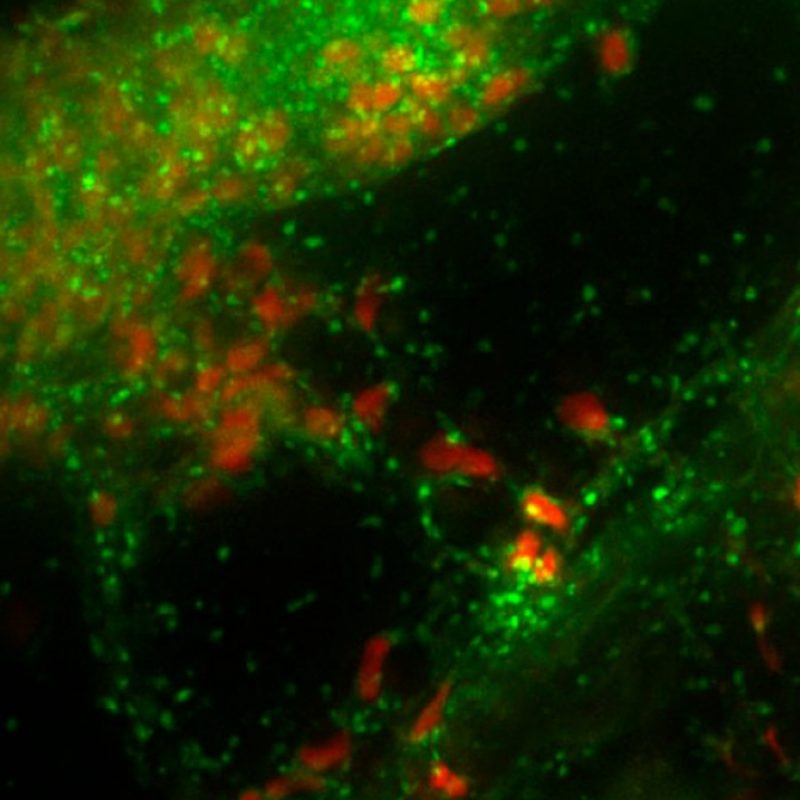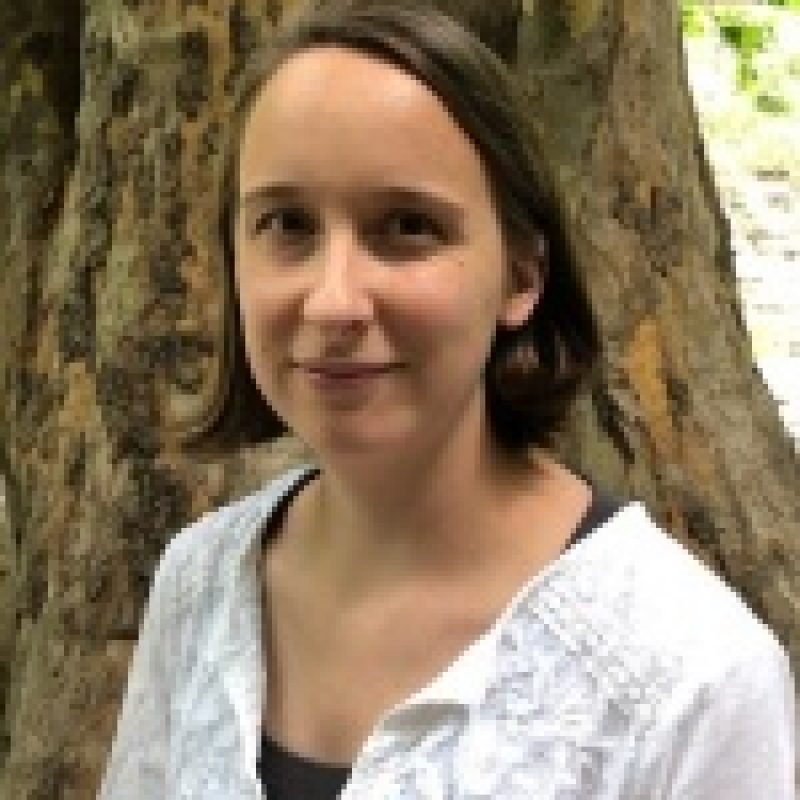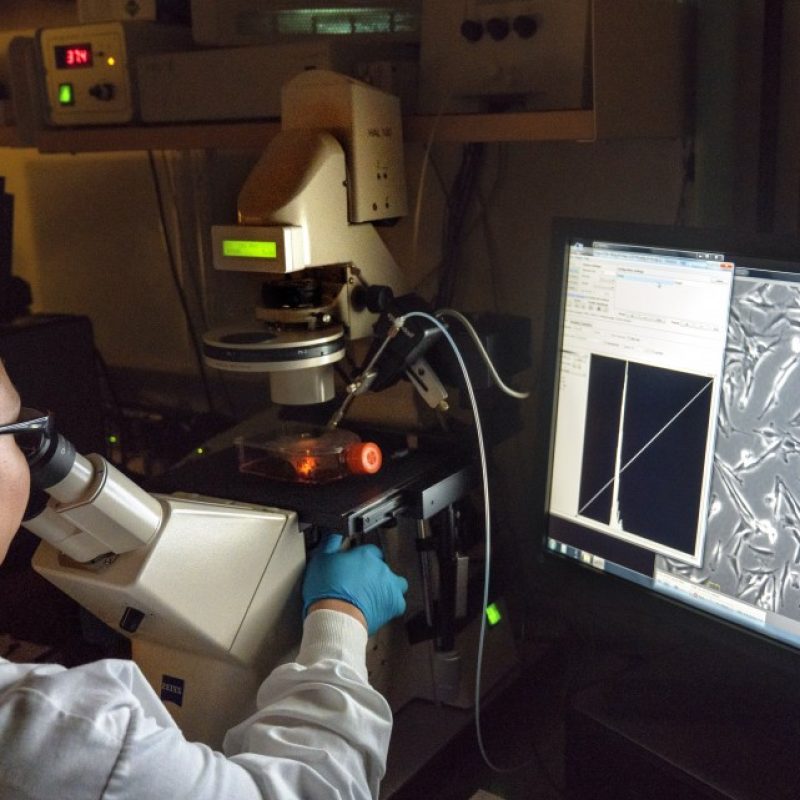Tag: Bacteria
-

Jaehee Kim
The Kim Lab focuses on the general fields of population genetics and evolutionary biology. Dr. Kim is interested in computational problems relevant to understanding evolutionary processes and population dynamics, and in development and application of statistical methods for inference from genetic data. In addition to[...] -

CIHMID Summer Symposium
REGISTER HERE: https://forms.gle/Svk6ToJ9vrNK4iRV7 CIHMID is pleased to announce our annual Summer Research Symposium to be held on Thursday July 11, 2024. The Symposium will be held in Stocking Hall on the Ithaca campus and will a full day of research presentations from members of our community. A call for submitted abstracts will be released […]
-

CIHMID/CCFI Postdoc Travel Grants
The Cornell Center for Immunology (CCFI) and Cornell Institute of Host-Microbe Interactions and Disease (CIHMID) are pleased to offer support to postdoctoral researchers who plan to attend scientific conferences during the 2022-2023 calendar years. CCFI and CIHMID will provide host labs up to $500 (total) to cover conference costs (registration, travel) for any postdoctoral researcher in […]
-

Marian Schmidt
The Schmidt lab focuses on microbial community diversity, metabolic activity, and genome evolution in aquatic environments. Students will gain experience with microbial ecology and computational tools. As an example project, students can characterize the microbial communities in marine sediments associated with oyster beds to understand[...] -

CIHMID/CCFI Joint Symposium
REGISTER HERE: cornell.ca1.qualtrics.com/jfe/form CIHMID, and the Cornell Center For Immunology (CCFI) will present a joint research symposium, open to the Cornell community. And despite the uncertainty surrounding Covid, and the Omicron variant specifically, CIHMID and CCFI are confident our joint symposium will be safe, and accessible for all attendees. As of right now our plan is to […]
-

Deborah Fowell
We are actively engaged in defining the signals that enable effector T cells to ‘find’ areas of infection and damage within inflamed tissues. We utilize intravital multiphoton microscopy and optogenetic tools to visualize and manipulate effector CD4+ T cells in situ. These approaches have revealed extrinsic[...] -

URE Program now accepting applications
Now accepting applications to CIHMID’s Undergraduate Research Experience (URE) Program for current Cornell undergrads. Find more info here. Applications are due Nov 8, 2024.
-

Heather Feaga
The Feaga Lab uses structural, biochemical, and omics approaches to study bacterial ribosomes. Our research aims to identify new protein factors that interact with ribosomes and that keep protein synthesis running smoothly. Students will use transposon mutagenesis coupled to deep sequencing (Tn-Seq) to identify genes[...] -

Tobias Dörr lab
My group studies cell envelope stress responses of Gram-negative pathogens. We are defining regulatory pathways and functional networks of enzymes involved in cell wall degradation, modification and synthesis as well as factors required for upholding outer membrane barrier function. We seek to understand these processes to gain insight into the mechanistic underpinnings of cell growth […]
-

Whittaker lab: Coronaviruses and Musteloidea
The Whittaker lab’s paper out in mBio that looks deeper into coronaviruses and their relationship to the superfamily Musteloidea. PAPER: https://mbio.asm.org/content/12/1/e02873-20
